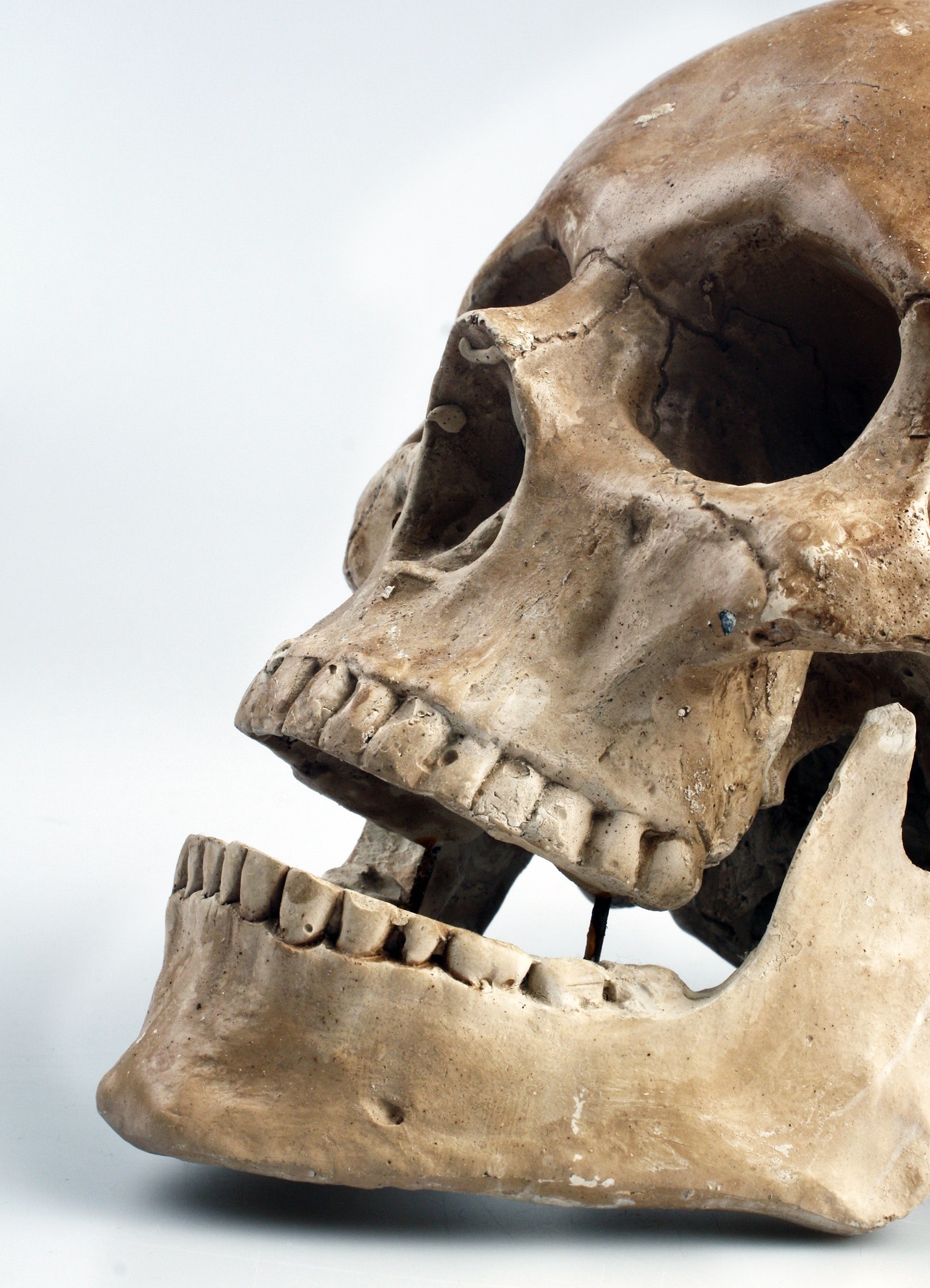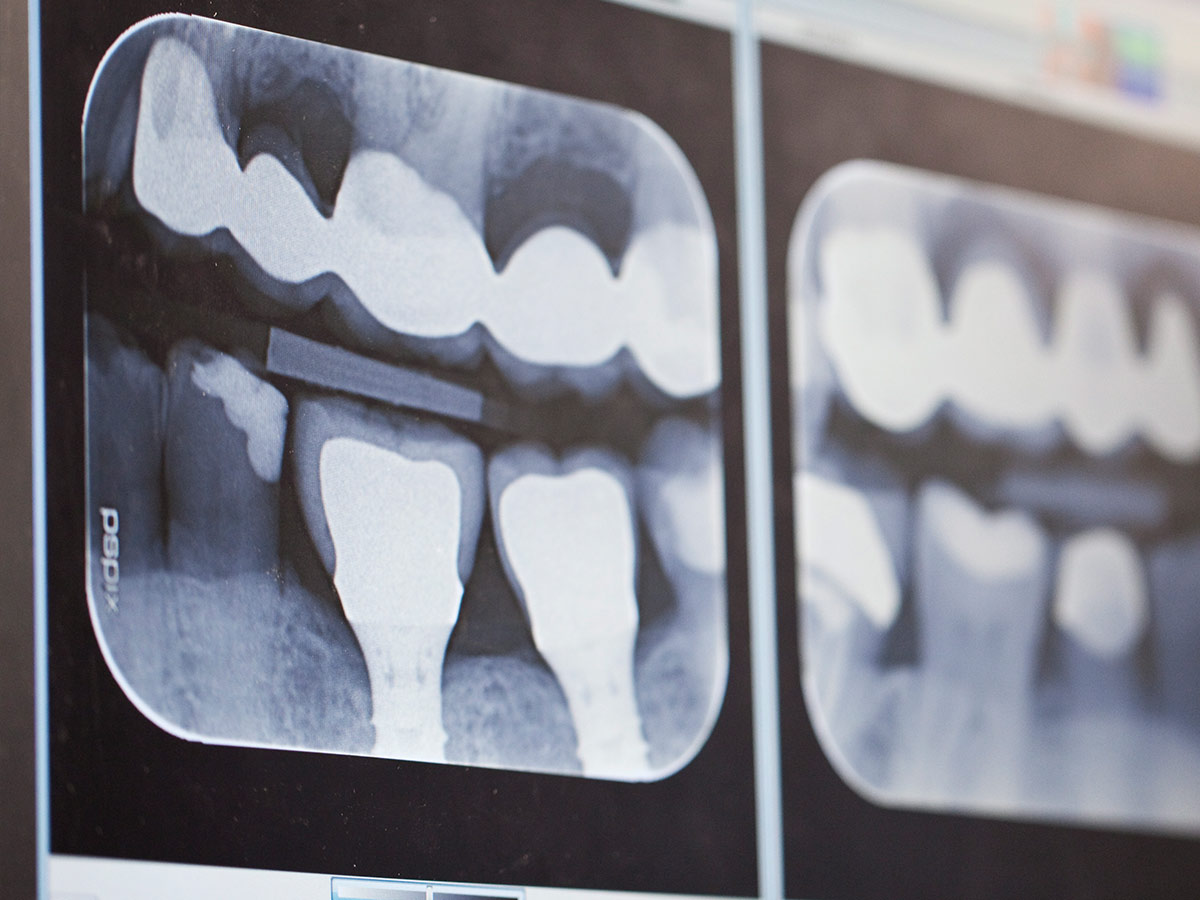
What are the symptoms of Jaw Joint Pain?
- Clicking or grating noises when you move your jaw.
- Difficulty opening or closing your mouth.
- Swelling or tenderness over the joint.
- Pain in the face, neck and chewing muscles (some people also have pain in the neck, shoulders and back).
- Headaches or migraine, especially first thing in the morning.
- Pain in your ear, possibly with ringing noises. Clicking or grating noises are usually down to the cartilage jumping when you open your mouth.
- Flattening of the biting surfaces of the back teeth can be seen in some cases.

If you have any further questions please ask a member of the team and we will
be more than happy to answer any of your queries.
The problem can be addressed by:
- Cutting up food into small pieces avoiding very chewy foods
- Avoiding very hard foods
- Trying not to open your mouth too wide – for example, when you yawn.
Jaw joint pain is usually the result of increased tension in the jaw muscles.
Factors involved in this include:
- Grinding or clenching your teeth, in your sleep or during the day
- Habits such as biting your nails or chewing a pen. These are often related to fatigue, stress and anxiety. Painkillers and sedatives can relieve symptoms in the short term.
What if I don’t do anything?
- You only have one set of permanent teeth so taking care of them is very important. In patients where jaw joint problems have been diagnosed and no treatment has been carried out, degeneration of the teeth and TMJ continues. This can lead to permanent loss of tooth tissue that may require complicated and expensive restorative treatment to remedy. The jaw joints can develop chronic symptoms that may also require specialist referral and possible surgical intervention. Ultimately wearing a splint and altering lifestyle habits will prevent the more advanced symptoms from developing. In this case, prevention really is better than a cure.
Possible solutions to the underlying problem include:
- using relaxation and stress-relieving techniques
- Giving up habits that aggravate the condition
- Wearing a ‘bite guard’ at night, to stop you grinding or clenching your teeth in your sleep.
Some people may be experiencing jaw joint problems due to the way their teeth or dentures meet when they bite. This can be resolved by adjusting the position or the shape of some teeth, by replacing missing teeth with dentures or implants, or by making a new denture, as necessary.
Splints
- Splints are specially constructed bite guards that help to reduce the forces generated in and around the TMJ and protect the teeth from surface loss and breakage. Using the splint, usually, at night can help to reduce the severity of the symptoms and can help to break the habit. There are different splints available that your dentist can discuss with you. If you have undergone a course of extensive restorative treatment your dentist may require you to wear a splint to protect the work that was carried out for years to come.
Subscribe to The Dental Surgeons for updates and offers
Stay in the loop with our monthly round-up of special offers, we promise we won’t spam you or share your email address.
WIMPOLE ST. W1
Drop on in
22 Wimpole Street
London, W1G 8GQ
Give us a call
Surgery: +44 20 7580 4580
Emergencies: +44 20 7580 4580